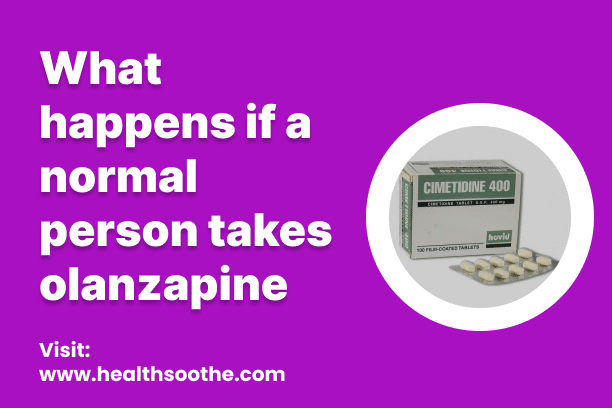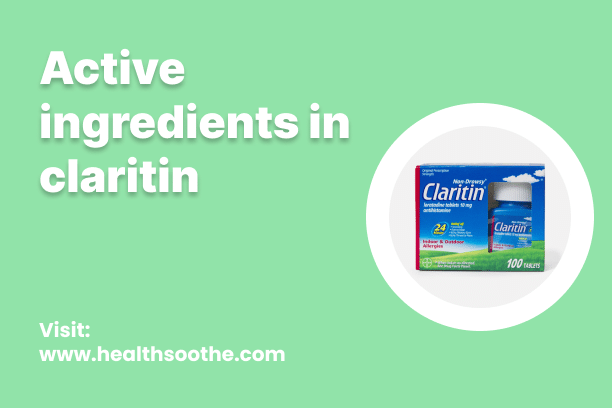Prostate cancer is a form of cancer that affects the prostate, a gland in the male reproductive system. It can be an emotionally and physically challenging experience for those who are diagnosed with it.
However, there are many ways to manage your symptoms and cope with this disease.
In this guide, we will discuss some tips on how to make living with prostate cancer easier by providing information on pain management during treatments, lifestyle changes you can make to improve your quality of life, and more.
We hope these strategies will help you find comfort and peace as you navigate through this difficult journey.
1. Take Time to Understand Prostate Cancer
It is important to understand what prostate cancer is and how it’s treated so that you can make informed decisions about your own care.
Talk to your doctor about the diagnosis, the type of cancer, recommended treatments and side effects for your unique case and in general.
This will help you better prepare for any treatments or surgeries that may be necessary.
2. The Symptoms & Diagnosis of Prostate Cancer
Prostate cancer can cause a number of different symptoms, including difficulty urinating, pain during urination or ejaculation, and blood in the urine or semen.
If you experience any of these symptoms, visit your doctor to get checked out. Through a diagnosis process, they can determine the cause and decide if it is prostate cancer or another health concern.
3. Treatment Options for Prostate Cancer
Depending on the stage of your cancer, there are a variety of treatments available.
Surgery is often used to remove or shrink tumors, while radiation therapy can also help eradicate cancer cells.
Hormone therapy can be used to reduce hormone levels and slow down tumor growth.
Additionally, medical advances continue to present more effective treatments for prostate cancer.
The best treatment option for you will completely depend on your unique health factors and the reality of your diagnosis.
4. Pain Management During Treatments
Treatments for prostate cancer can be painful and uncomfortable. To help manage any side effects or pain that you may experience, ask your doctor about medications or other treatments that can provide relief.
This can include things like hot/cold compresses, massage, acupuncture and distraction techniques such as listening to music or reading a book.
There are also natural options that can help patients to manage pain during treatment and beyond.
This breakdown from Veriheal describes how treatments like marijuana can serve medicinal purposes.
5. Nutrition & Exercise to Support Recovery from Treatments
Nutrition and exercise can play a major role in helping you to recover from treatments.
Eating a balanced diet with lean protein, fresh fruits and vegetables and healthy fats can help your body heal more quickly.
Additionally, engaging in regular physical activity like walking or yoga can help improve your overall well-being.
Hopkins Medicine created this breakdown of an adequate diet for cancer patients to act as a starting point.
6. Mental Health Resources for Coping
Living with prostate cancer can be both emotionally and physically exhausting.
It is important to find ways to manage your emotions in a healthy way. Consider talking to a mental health professional or joining an online support group.
Additionally, seek out activities that bring you joy, like spending time outdoors or connecting with friends and family.
7. Connecting with Others Who Are Going Through the Same Experience
You are not alone in your prostate cancer journey. Reach out to other patients who can offer moral support or provide advice from their own experiences.
There are numerous online forums, local support groups and helpful resources that can connect you with peers who can understand what you’re going through.
Oftentimes, you can find recommendations and options within your hospital network or in your community.
Conclusion
Living with prostate cancer can be challenging. But by understanding your diagnosis, exploring treatment options and forming a support system, you can find strength and comfort as you navigate this difficult time.
While this guide can be used as a starting point to understanding different parts of a prostate cancer diagnosis, you’ll need to speak with our doctor for more information – especially as it relates to your unique case and health.








